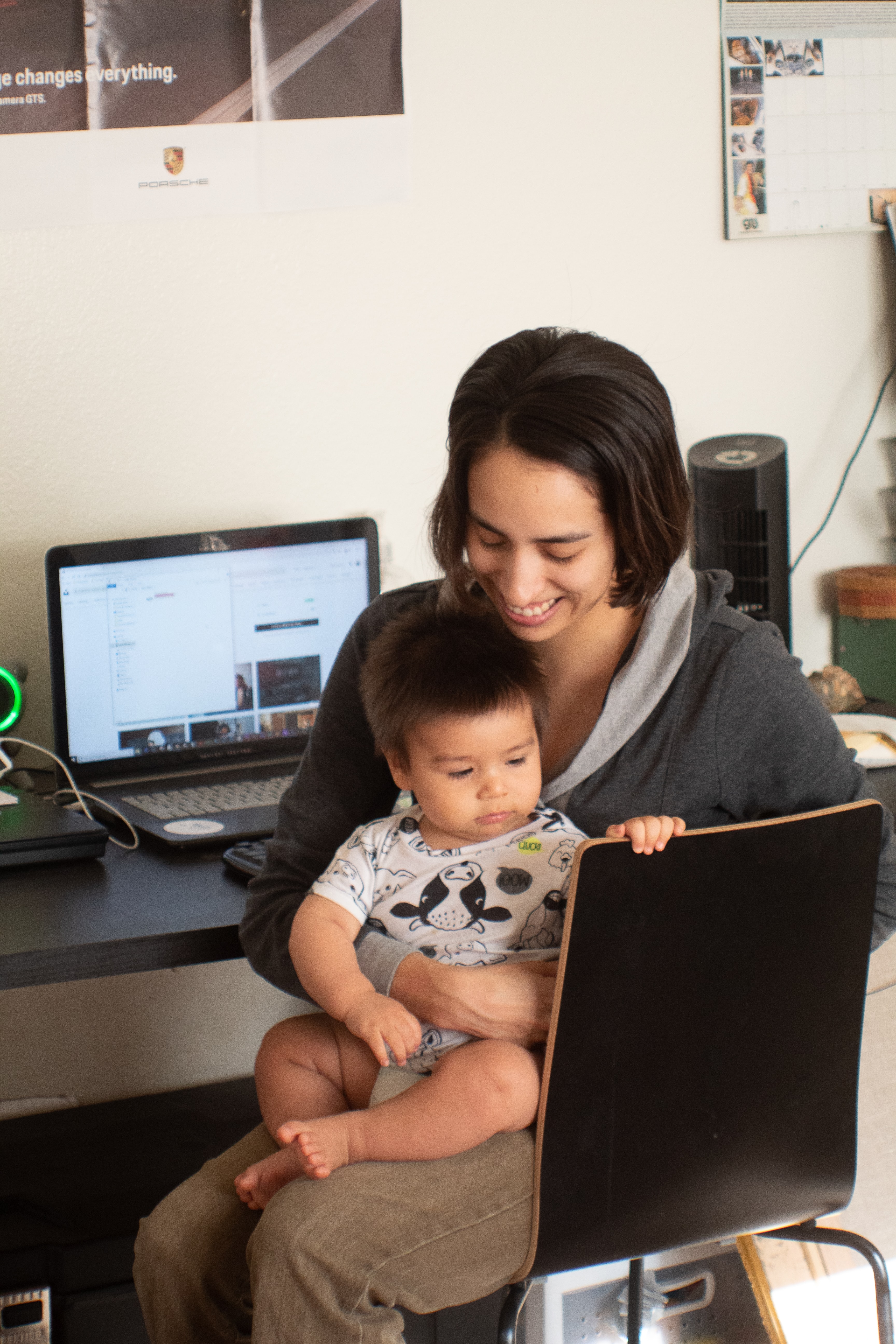As more and more companies rush to adapt new remote work policies, many find themselves behind the curve.
But what if you could look into the future? What if you could see how remote work will change the world over the next decade?
Chris Herd believes he has.
Herd is founder and CEO of Firstbase, a startup focused on helping solve its customers remote work problems. Over the course of the past nine months, he’s spoken to more than 1,500 people about the future of remote work, and how it’s likely to change the world in the very near future.
Herd summed up his insights recently in a brilliant Twitter thread. Below you’ll find the highlights, along with my personal commentary.
Life first. Work second.
“The rise of remote will lead to people re-prioritizing what is important to them,” writes Herd. “Organizing your work around your life will be the first noticeable switch. People realizing they are more than their job will lead to deeper purpose in other areas.”
Not everyone who works freelance or remote has come to this realization. But as one who has done it for the past several years, let me tell you: There’s nothing like being more in control of your schedule, and making family and other important parts of your life dictate your work, instead of the other way around.
It’s a true game-changer.
Focus on outcomes.
Herd says companies will begin judging performance by productivity and outcomes instead of hours worked or “who you drink beer with” outside of the office.
By focusing on outcomes, employers help people make time count, instead of simply count time. That type of trust and empowerment actually makes them more productive.
(It’s what made this company’s two-sentence remote work policy the best I’ve ever heard.)
An end to senseless tasks.
“The need to pad out your 8-hour day will evaporate, replaced by clear tasks and responsibilities,” Herd writes. “Workers will do what needs to be done rather than wasting their [time] trying to look busy with the rest of the office.”
Amen.
Work when you want.
“Offices are instantaneous gratification distraction factories where synchronous work makes it impossible to get stuff done,” says Herd.
“Tools that enable asynchronous work are the most important thing globally remote teams need. A lot of startups will try to tackle this.”
More priority on health and well-being.
“A lack of commute will give workers 25 extra days a year to do other things,” says Herd. “Workers will exploit the freedom they have to organize things more freely in their day.”
Afternoon runs, taking time in the morning to read, meditate, or spend time with family before beginning the workday: These are just a few examples of how many are using remote work to better take care of both physical and mental health.
Rural towns will flourish. (If they’re fast.)
“World-class people will move to smaller cities, have a lower cost of living, and higher quality of life,” writes Herd. “These regions must innovate quickly to attract that wealth.”
How can small towns benefit? It’s all about the infrastructure, baby. According to Herd, that begins with better schools and faster internet.
Fast-track of diversity and inclusion.
“The most diverse and inclusive teams in history will emerge rapidly,” writes Herd. “Companies who embrace it have a first-mover advantage to attract great talent globally.”
“Companies who don’t will lose their best people to their biggest competitors.”
Burnout.
The changes that come from remote work aren’t all rosy. While most companies worry their remote workers aren’t putting in enough hours, Herd says the real problem is the opposite:
Employees working too much.
According to Herd, worker burnout will become a huge problem that begs addressing. Wise company leaders will start working on solutions now.
Increase in retreats and offsites.
Herd predicts an increase in what until now has been more of a niche industry: remote retreats.
More and more companies will seek out “purpose-built destinations that allow for entire [teams] to fly into a campus for a synchronous week, likely staffed with facilitators and educators who train staff of how to maximize effectiveness.”
More robots.
Herd: “Robotic process automation will transform work for individuals. No-code tools that enable workers to build bots that automate menial parts of their roles will be huge.”
We’ve seen a gradual uptick in automation for years. But as more and more companies depend on tech for even simple communication, this shift will accelerate.
A hobby renaissance.
Herd says remote work will “lead to a rise in people participating in hobbies and activities which link them to people in their local community,” what he describes as a “hobby renaissance.”
Some companies have taken advantage of this trend even in corona times, by offering online cooking classes, virtual tours of exotic travel locations, and even wine tastings.
Written over spoken.
“Documentation is the unspoken superpower of remote teams,” says Herd. “The most successful [remote] team members will be great writers.”
This is another cultural shift that remote work will only speed up. Email, Slack, Microsoft Teams, WhatsApp and other messaging services are already out there, but they’re not perfect. New tools will emerge, designed to fit specific company needs.
Looking to increase your value? Work on improving your written communication.
Of course, for every person happy to work from home, there’s another pining for a return to the office. But as the world continues to battle Covid-19, as companies grapple with repeated lockdowns, and as the threat of future pandemics assures us:
Companies that do remote better will win.
Enjoy this post? Check out my book, EQ Applied, which uses fascinating research and compelling stories to illustrate what emotional intelligence looks like in everyday life.
A version of this article originally appeared on Inc.com.


